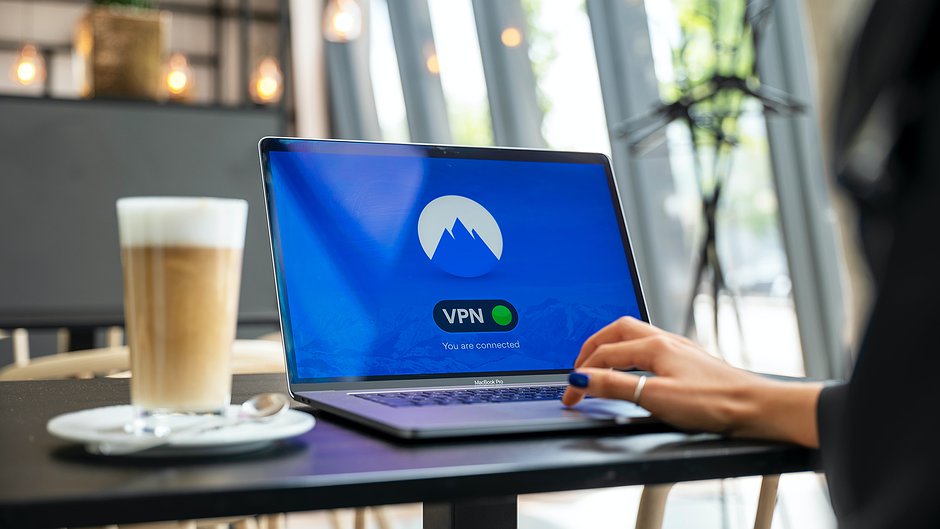
Digital security tips for investigative interviews in high-risk countries
Conducting interviews and obtaining information from sources based in high-risk countries requires extra vigilance when it comes to digital and physical security. But how do you protect yourself, your sources and the information you obtain. Whether it is a face to face interview or sharing digital material online, here are some top tips to help you stay safe and secure.
1. Always ask the source the best way to talk to them and try to stick to that method of communication.
2. Avoid sensitive details in the initial conversation. After making the initial contact, try to move them to a more secure method of speaking such as Signal or WhatsApp.
3. If looking to secure email, there are easy options such as ProtonMail or Tutanota that offer encryption between users of that service. If the interview subject says they have material to give you, always try and have them bring it at the time of the interview. Many people may not be able to meet more than once unless there is a specific reason.
4. For this reason, you should always have a bag you can place documents into. If that material is not digitised, do that right away. Scan any documents you may need. Again, there are plenty of smartphone apps, including free ones that will scan images and documents and allow you to upload them to a cloud service.
5. If your source hands you an audio recording that cannot be easily transferred digitally, record that on your phone then upload it to a cloud service.
6. When uploading files to a cloud service, if you are at all worried about third-party access, make the file names generic. Most services will make the file name just a time and date stamp, stick to that if you have any trepidations about others accessing it. Once the file is uploaded, send it immediately to your news service. Most cloud services can send you alerts when someone accesses or downloads one of your files.
7. In that case, delete the file from the cloud service right after that. Tell your editors ahead of time that you will be doing that. This is especially important to do if you are inside a high-risk country.
8. There are encrypted cloud services such as Tresorit or alternatively, you can add encryption to services such as Dropbox or Google Drive by using a free tool such as Cryptomator.
Want to find out more? Take our course on Interviews for Investigative Journalists by Radio Zamaneh.
Related courses

90 mins
 School of Data
School of Data
90 mins
 School of Data
School of Data Rory Peck Trust
Rory Peck Trust
50 mins
 Rory Peck Trust
Rory Peck Trust
Blogs

6 useful resources for journalists covering Covid-19
With a global pandemic spreading throughout the world, journalists are under increasing pressure to report accurate and relevant news for the masses. Often when covering a crisis, those on the reporting frontlines compromise their physical safety and mental health. To show some solidarity, the Advocacy Assembly team curated a list of useful resources from other organisations leading the way on this.

5 ways to find data for your next story
Data journalism is fast becoming a big trend in newsrooms across the globe. However, data isn’t always so easy to find. Here are five ways to get data for your next article.



